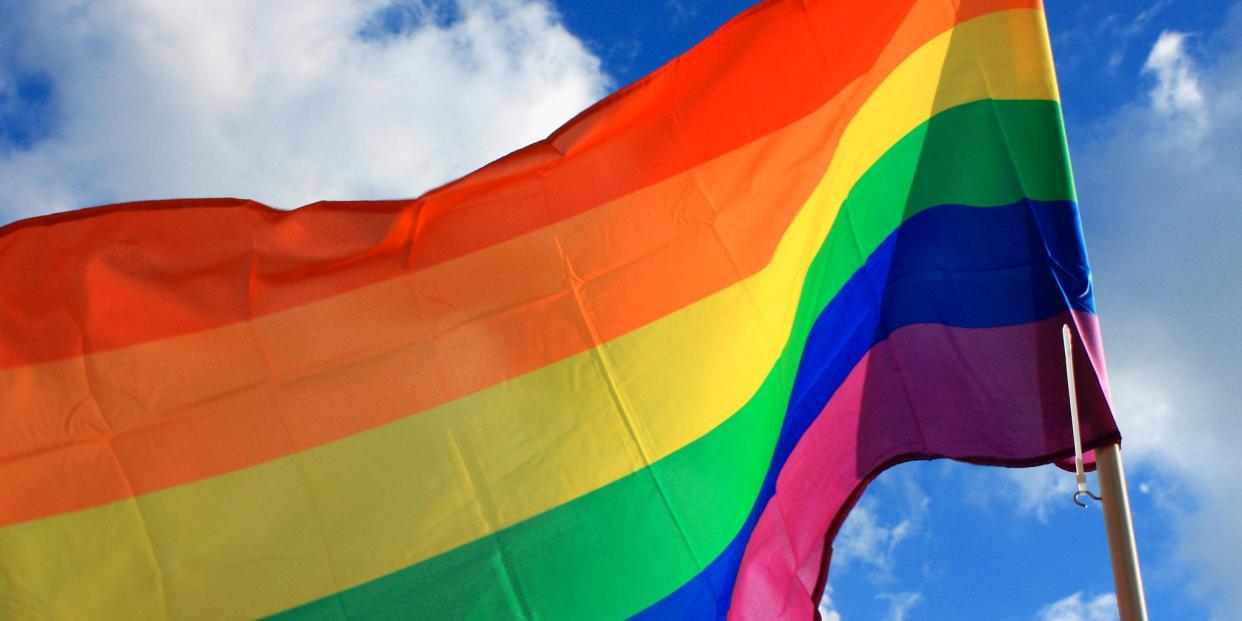Mississippi's anti-LGBT law allowing discrimination to remain in place after Supreme Court declines to hear challenge

The US Supreme Court has refused to hear a case regarding a Mississippi law that allows people to deny services to LGBTQ people based on “sincerely held” religious beliefs.
The Mississippi state law went into effect on 10 October 2016 - just a year after the highest court in the country ruled on the legality of gay marriage - after several state court battles by community advocacy lawyers.
Essentially, the law allows state employees to deny LGBTQ couples marriage licenses and offers legal protection for private businesses that choose not to serve LGBTQ customers based on the business owners’ religious beliefs.
The people being protected, according to a section of the legislation: Mississippians who believe legal, legitimate marriage is only between a man and woman, “sexual relations are properly reserved to such a marriage,” and that a person’s gender is “immutable” - determined “by anatomy and genetics at time of birth.”
Lower courts determined that the immediate challenges to the law were not sufficient enough to overturn it because those suing - including ordained ministers who married same-sex couples as well as LGBT couples seeking to marry - could not show how they would be significantly harmed by the law.
However, an attorney on the opposition side, Beth Littrell of LGBTQ rights organisation Lambda Legal, told The Independent that the move by the US Supreme Court is "absolutely not" an implication that the Mississippi law is constitutional.
She explained that it only allows the lower court, in the Fifth Circuit, ruling to stand. That court "ruled only that the harm identified by the plaintiffs after the law was passed but before it took effect were insufficient to establish standing (the right to challenge the law); it did not rule on the constitutionality of the law."
Another lower court, the district court, ruled the law could be challenged and was unconstitutional but the higher appellate court reversed only part of that decision. The Appellate Court said "that the plaintiffs did not have standing to challenge the constitutionality of the law, it did not reach the question of whether or not the law was constitutional."
However, the law goes beyond marriage rights and private services - like the bakery in Colorado that refused to make a gay couple a wedding cake.
It includes access to necessary medical services since doctors and pharmacists with “sincerely held” religious beliefs are protected.
Also, access is limited or cut off to any other rights afforded to legally married individuals in other states: health insurance, estate planning, tax benefits, custody of children, and adoption to name a few.
Several Christian groups backed the law and fought to keep it on the books.
Governor Phil Bryant told the Mississippi Today: "As I have said from the beginning, this law was democratically enacted and is perfectly constitutional. The people of Mississippi have the right to ensure that all of our citizens are free to peacefully live and work without fear of being punished for their sincerely held religious beliefs.”
What the US Supreme Court decision does do is show that that the LGBTQ community must "prove a greater degree of harm than being psychologically harmed before they can file a challenge – they have to suffer and/or point to a more tangible injury," said Ms Littrell.
Lambda Legal has argued that the Mississippi law goes against the the "neutrality toward religion" promised by the US Constitution; what has been shown through precedent in previous federal cases regarding discrimination.
There is a chance the Supreme Court could hear the case at a later date should those opposed to the law be able to come back with complainants who can show “concrete and particularized” harm, according to Ms Littrell.
She said that LGBTQ rights groups have seen an increase in laws around the country like the Mississippi's which are "masquerading" as protection of religious beliefs since the 2015 US Supreme Court ruling recognising the right to marry.

